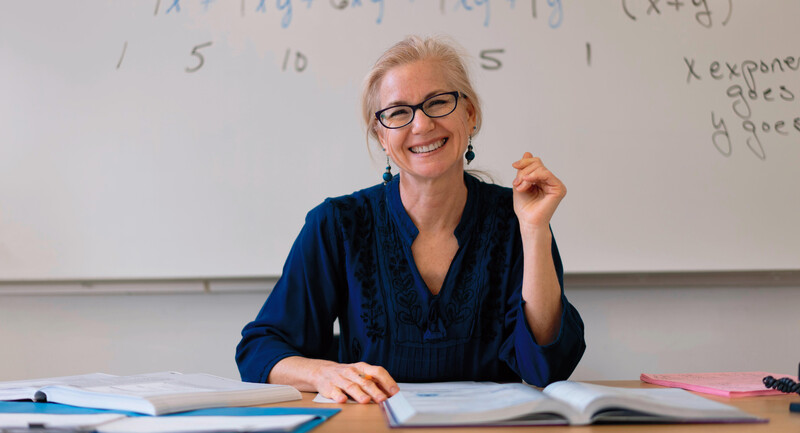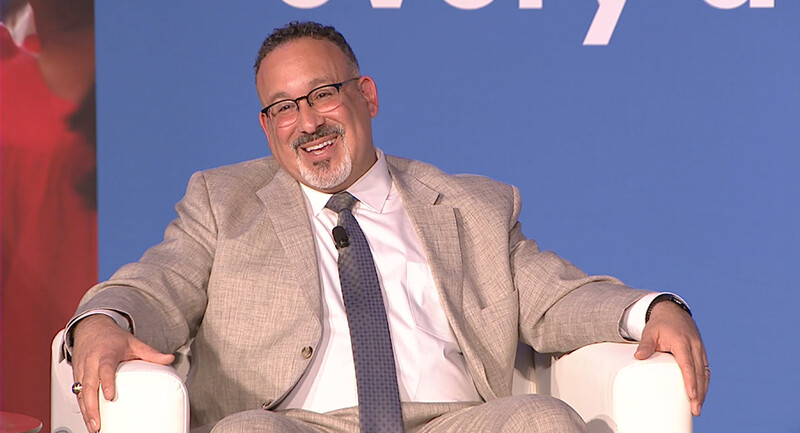The possibility of full funding for special education in the U.S. moved one step closer to becoming reality this week. On Tuesday, Sen. Chris Van Hollen (D-MD), Rep. Jared Huffman (D-CA), and a bipartisan group of 33 other members of Congress introduced the IDEA Full Funding Act of 2021.
The legislation would make an important change in how special education is funded. Like nearly all other federal K-12 programs, IDEA is subject to the annual appropriations process, with Congress having to set and approve the annual funding level. Under the Van Hollen-Huffman bill, however, IDEA would become a mandatory program and, as a result, be funded automatically each year without the need for any congressional action or approval.
When the landmark federal special education law was enacted in 1975, Congress recognized that the formal right to a free and appropriate public education for all students with disabilities was going to entail significant additional expenses for schools and districts. As a result, the law set a goal for the federal government to provide states and districts with 40 percent of the average per-pupil expenditure to help offset these special education costs. However, the federal percentage has never come close to that threshold. It has hovered in the low to mid-teens for most of the past 40 years. Indeed, IDEA funding in FY21 was $12.9 billion—which amounts to 13 percent of additional costs.
Based on the automatic funding provisions in the Van Hollen-Huffman bill, annual incremental increases would be made to the IDEA state grant program over each of the next 10 years—eventually reaching $49.5 billion in FY31 – which is 40 percent of special education’s additional costs. This would finally constitute full funding, the holy grail of federal K-12 spending.
A Cause for Hope
IDEA full-funding has long been an ASCD policy priority and is a key recommendation in our current legislative agenda. ASCD is pleased to have endorsed this legislation along with 16 of our state affiliates. And there’s cause for hope: The political dynamics suggest that there is a good chance of passage this year and maybe the best, last chance to achieve full funding for quite some time. There is bipartisan support for full funding in Congress and, as important, a president who has expressed support for full funding for IDEA as well.
Both during his presidential campaign and through his FY22 budget request after he took office, President Biden has made full funding a central pillar of his education funding plans.
Achieving full funding, however, won’t happen without the advocacy of educators. Please tell your senators and members of Congress to support the IDEA Full Funding Act by cosponsoring it and approving it when it comes up for a vote.








